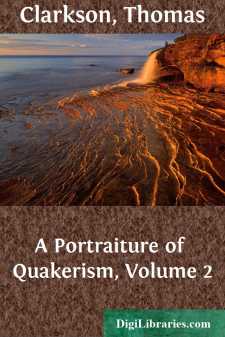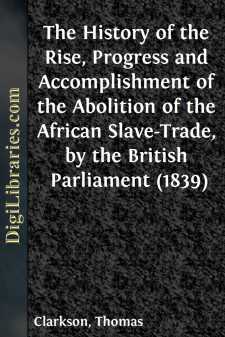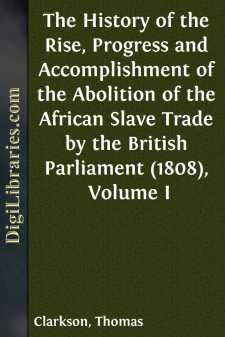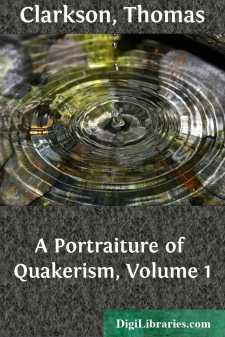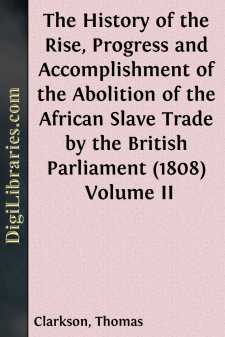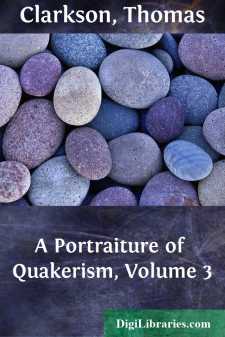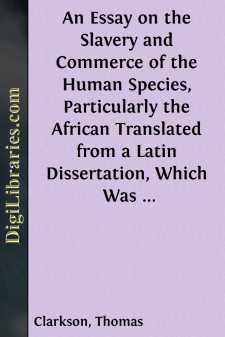Categories
- Antiques & Collectibles 13
- Architecture 36
- Art 48
- Bibles 22
- Biography & Autobiography 813
- Body, Mind & Spirit 138
- Business & Economics 28
- Children's Books 12
- Children's Fiction 9
- Computers 4
- Cooking 94
- Crafts & Hobbies 4
- Drama 346
- Education 46
- Family & Relationships 57
- Fiction 11821
- Games 19
- Gardening 17
- Health & Fitness 34
- History 1377
- House & Home 1
- Humor 147
- Juvenile Fiction 1873
- Juvenile Nonfiction 202
- Language Arts & Disciplines 88
- Law 16
- Literary Collections 686
- Literary Criticism 179
- Mathematics 13
- Medical 41
- Music 40
- Nature 179
- Non-Classifiable 1768
- Performing Arts 7
- Periodicals 1453
- Philosophy 64
- Photography 2
- Poetry 896
- Political Science 203
- Psychology 42
- Reference 154
- Religion 505
- Science 126
- Self-Help 81
- Social Science 81
- Sports & Recreation 34
- Study Aids 3
- Technology & Engineering 59
- Transportation 23
- Travel 463
- True Crime 29
A Portraiture of Quakerism, Volume 2
by: Thomas Clarkson
Categories:
Description:
Excerpt
CHAP. I.
SECTION I.
Marriage—Quakers differ in many respects from others, on the subject of Marriage—George Fox introduced Regulations concerning it—Protested against the usual manner of the celebration of it—Gave an example of what he recommended—Present regulations of the Quakers on this subject.
In the continuation of the Customs of the Quakers, a subject which I purpose to resume in the present volume, I shall begin with that of Marriage.
The Quakers differ from others in many of their regulations concerning this custom. They differ also in the manner of the celebration of it. And, as they differ in these respects, so they experience generally a different result. The Quakers, as a married, may be said to be a happy, people. Hence the detailers of scandal, have rarely had it in their power to promulgate a Quaker adultery. Nor have the lawyers had an opportunity in our public courts of proclaiming a Quaker divorce.
George Fox suggested many regulations on this subject. He advised, among other things, when persons had it in contemplation to marry, that they should lay their intention before the monthly meetings, both of the men and women. He advised also, that the consent of their parents should be previously obtained, and certified to these. Thus he laid the foundation for greater harmony in the approaching union. He advised again, that an inquiry should be made, if the parties were clear of engagements or promises of marriage to others, and, if they were not, that they should be hindered from proceeding. Thus, he cut off some of the causes of the interruption of connubial happiness, by preventing uneasy reflections, or suits at law, after the union had taken place. He advised also, in the case of second marriages, that any offspring resulting from the former, should have their due rights and a proper provision secured to them, before they were allowed to be solemnized. Thus he gave a greater chance for happiness, by preventing mercenary motives from becoming the causes of the union of husbands and wives.
But George Fox, as he introduced these and other salutary regulations on the subject of Marriage, so he introduced a new manner of the celebration of it. He protested against the manner of the world, that is, against the formal prayers and exhortations as they were repeated, and against the formal ceremonies, an they were practised by the Parish Priest. He considered that it was God, who joined man and woman before the fall; and that in Christian times, or where the man was truly renovated in heart, there could be no other right or honourable way of union. Consistently with this view of the subject, he observed, that in the ancient scriptural times, persons took each other in marriage in the assemblies of the Elders; and there was no record, from the Book of Genesis to that of Revelations, of any marriage by a Priest. Hence it became his new society, as a religious or renovated people, to abandon apostate usages, and to adopt a manner that was more agreeable to their new state....


